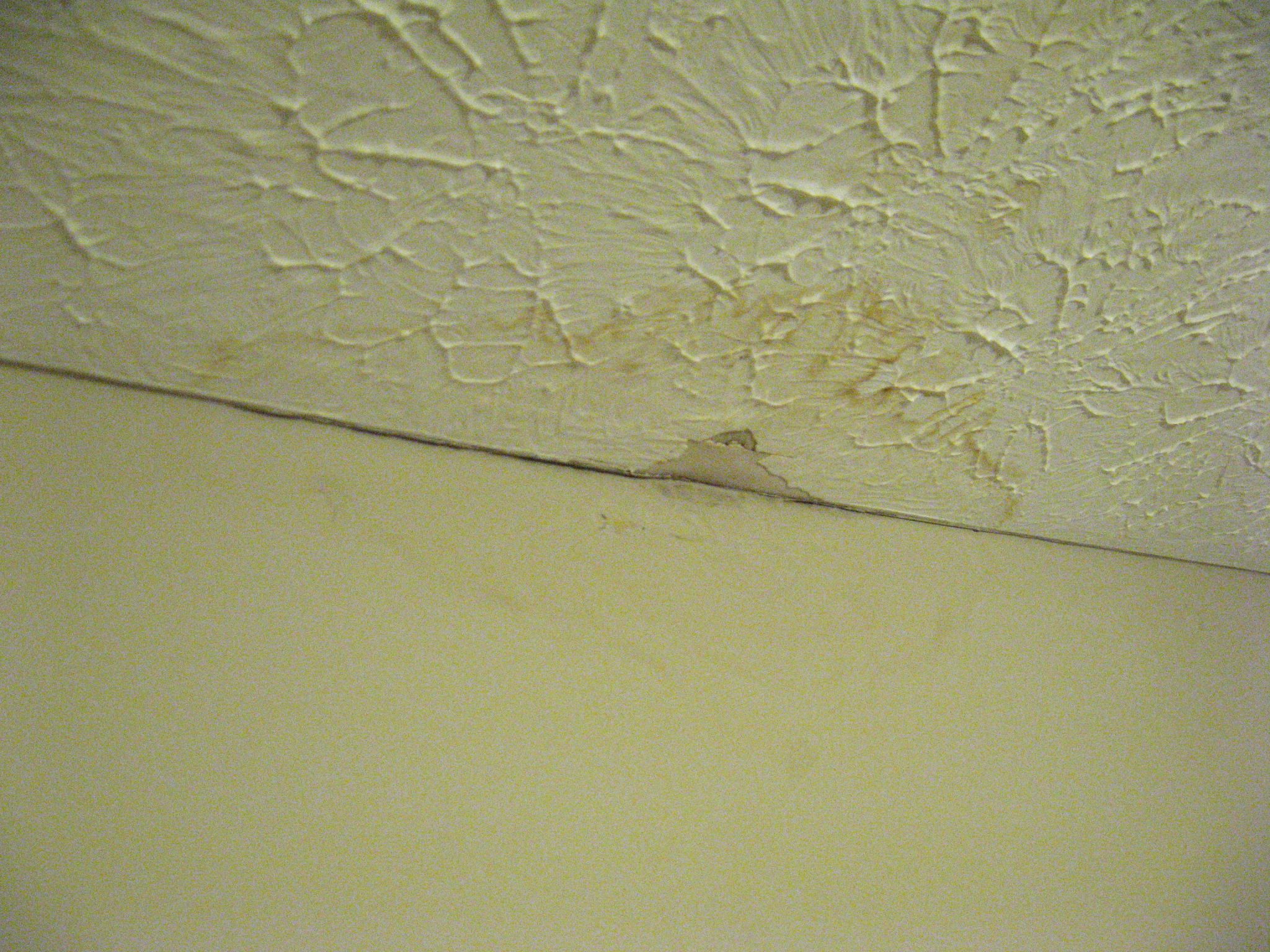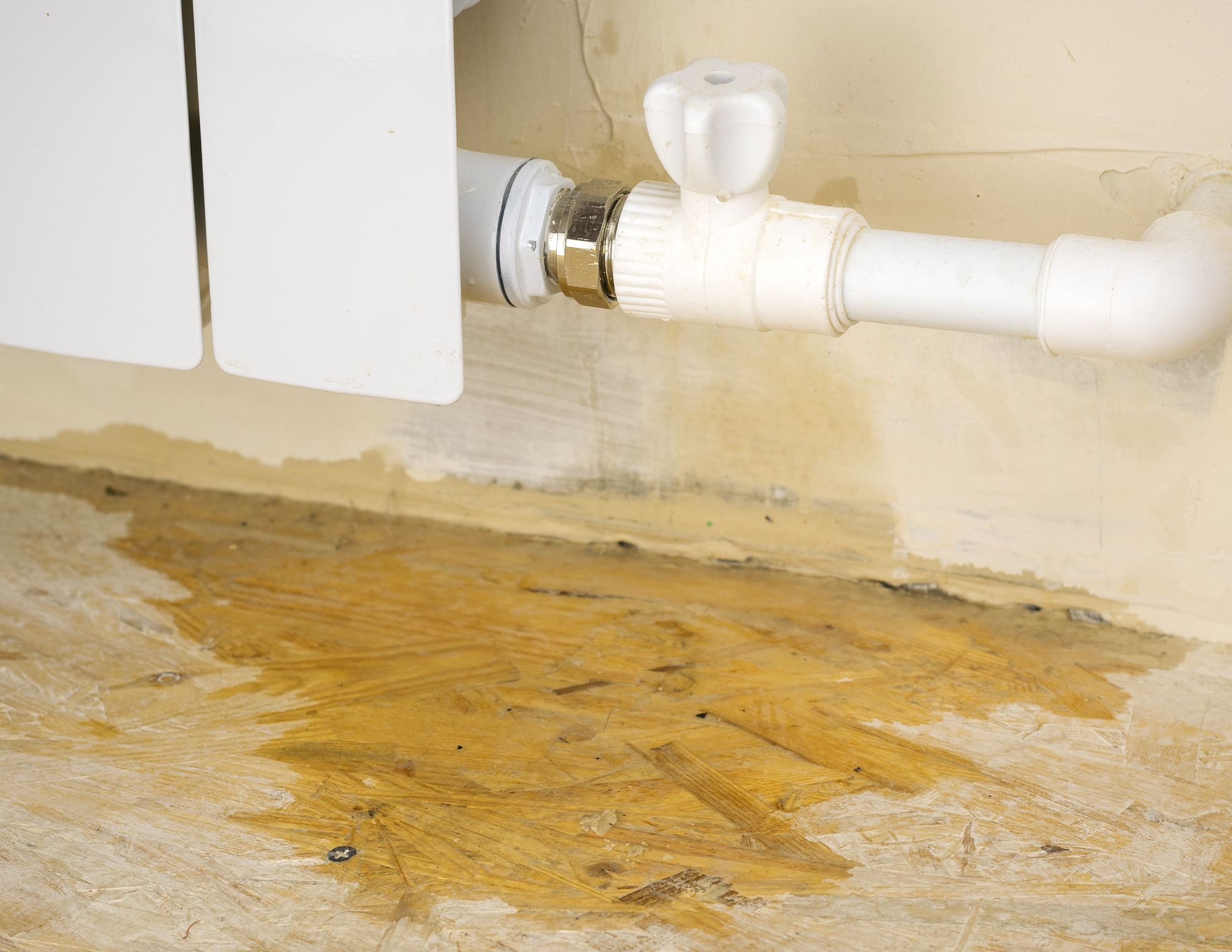Learning About Why Water Leakage Happen Frequently in Your Home
Learning About Why Water Leakage Happen Frequently in Your Home
Blog Article
We've come across this post relating to How to detect water leaks in your home down the page on the web and figured it made sense to relate it with you over here.

Leakages not only cause waste of water however can also create unnecessary damages to your home and also promote undesirable organic development. By looking and also understanding for day-to-day situations that trigger leakages, you can safeguard your residence from future leaks as well as unneeded damages.
Immediate temperature adjustments.
Severe temperature changes in our pipelines can trigger them to broaden as well as contract suddenly. This expansion and tightening might trigger fractures in the pipes, especially if the temperature are below freezing. If you kept an eye on how your plumbing functions, it would be best. The visibility of the previously discussed conditions regularly indicates a high risk.
Rusty water systems
This may be the reason of discoloration or bending on your water pipes. If our plumbing system is old, take into consideration replacing the pipelines because they are at a higher risk of corrosion than the newer designs.
Faulty Pipeline Joints
The factor at which your pipelines link is often the weakest web link in the waterline. Pipeline joints can degrade with time, causing water leakages. The bulk of pipeline joints are not quickly visible. If you have noisy pipelines that make ticking or banging sounds, particularly when the hot water is turned on, your pipeline joints are most likely under a lot of stress. It is a good idea to have your plumber examine your system yearly.
Encroaching roots
Most water leaks begin outside the house as opposed to inside it. If you notice an unexpected decline in water pressure, state in your faucet, take time to head out and also examine your lawn. You may see wet patches or sinkholes in your backyard, and that may indicate that tree origins are invading water lines causing water to leak out. You can have your plumber look for intrusion, especially if you have trees or hedges near your building.
Poor Water Connectors
At times, a leak can be brought on by loose hose pipes and also pipelines that supply your home appliances. Most of the time, moving is what creates the loosened water Links. You might find in the case of a washing device, a pipe might spring a leakage because of drinking during the spin cycle. In case of a water connections leakage, you might notice water running directly from the supply line or pools around your appliances.
Clogged Drains
Blocked drains pipes might be aggravating and inconveniencing, however they can occasionally end up causing an overflow causing break pipelines. Maintain removing any materials that may decrease your drains pipes that can clog them to stay clear of such inconveniences.
All the above are sources of leakages yet not all water leakages result from plumbing leaks; some leaks might come from roofing leaks. All leakages should be fixed right away to stay clear of water damage.
Leakages not just cause waste of water but can likewise trigger unneeded damages to your house as well as advertise undesirable organic growth. By comprehending as well as looking for daily situations that cause leakages, you can shield your residence from future leakages and unnecessary damages. Today, we will look at six leakage triggers that may be creating your pipelines to leak.
At times, a leak can be triggered by loose hose pipes as well as pipelines that supply your devices. In case of a water links leakage, you may see water running directly from the supply line or puddles around your devices.
How To Check For Water Leak In Your Home
How To Check for Leaks
The average household's leaks can account for nearly 10,000 gallons of water wasted every year and ten percent of homes have leaks that waste 90 gallons or more per day. Common types of leaks found in the home are worn toilet flappers, dripping faucets, and other leaking valves. These types of leaks are often easy to fix, requiring only a few tools and hardware that can pay for themselves in water savings. Fixing easily corrected household water leaks can save homeowners about 10 percent on their water bills.
To check for leaks in your home, you first need to determine whether you're wasting water and then identify the source of the leak. Here are some tips for finding leaks:
Take a look at your water usage during a colder month, such as January or February. If a family of four exceeds 12,000 gallons per month, there are serious leaks.
Check your water meter before and after a two-hour period when no water is being used. If the meter changes at all, you probably have a leak.
Identify toilet leaks by placing a drop of food coloring in the toilet tank. If any color shows up in the bowl after 10 minutes, you have a leak. (Be sure to flush immediately after the experiment to avoid staining the tank.)
Examine faucet gaskets and pipe fittings for any water on the outside of the pipe to check for surface leaks.
Undetected water leaks can happen without the home or business owner even realizing. If you suspect a water leak, but not able to find the source. It is time to contact a professional water leak detection service, The Leak Doctor.
How To Find a Water Leak In Your Home
https://www.leakdoctor.com/blog/How-To-Check-For-Water-Leak-In-Your-Home_AE197.html

As an enthusiastic person who reads on How to detect water leaks in your home, I was thinking sharing that excerpt was essential. Remember to take a moment to promote this page if you enjoyed it. I treasure reading our article about Common Water Leaks In House.
Immediate relief, just a call. Report this page